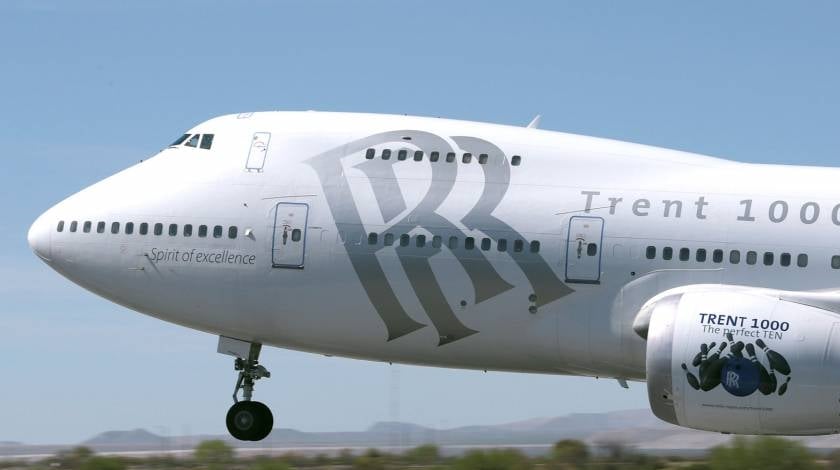Photo: ainonline.com
Reading Time: 2 minutesIn April this year Rolls-Royce provided an update on the management of a durability issue affecting the Intermediate Pressure Compressor in a population of Trent 1000 engines, known as Package C engines. An update on the company’s operational response to this issue was provided on May 30.
Since identifying this issue, we have undertaken a wide range of engineering analysis and engine tests to further our understanding of the cause. While this work has focused on Package C, we have also considered whether the same durability issue may occur on other Trent 1000 engine variants.
A similar Intermediate Pressure Compressor durability issue has now been identified on a small number of high life Package B engines and we have therefore agreed with the relevant regulatory authorities, with concurrence from Boeing, to carry out a one-off inspection of our Trent 1000 Package B fleet, to further inform our understanding. The Package B standard has been in service since 2012 and consists of 166 engines.
These inspections will be supported by an EASA Airworthiness Directive which will be published in the coming days, and as a result we anticipate there will be a limited impact on customer operations to enable this programme of one-off inspections to take place. Engines will be inspected on-wing using existing techniques.
We are committed to eliminating this Intermediate Pressure Compressor durability issue from the Trent 1000 fleet and we have already successfully run a redesigned Package C IPC in a development engine. As a precautionary measure we have also launched a redesign of the relevant part in the Package B engine as well as in the Trent 1000 TEN engine, where, although currently a young fleet, we have not seen any examples of reduced IPC durability.
Chris Cholerton, Rolls-Royce, President – Civil Aerospace, said:
“We are working closely with our customers to minimise any operational impact of these inspections and we deeply appreciate their continued co-operation. We remain absolutely committed to eliminating this issue from the Trent 1000 fleet.”

